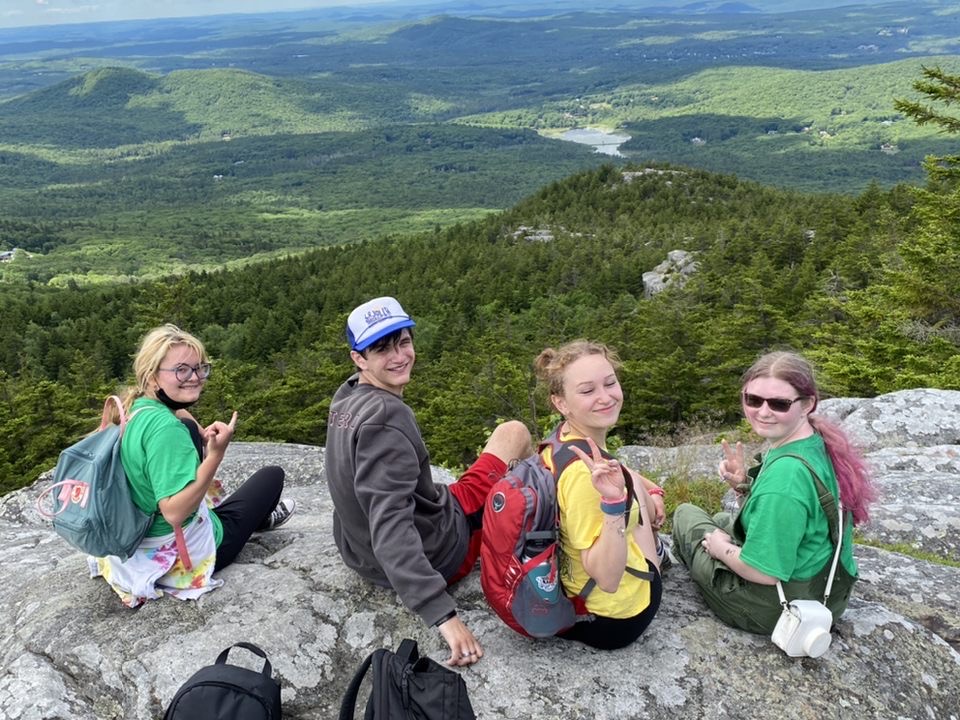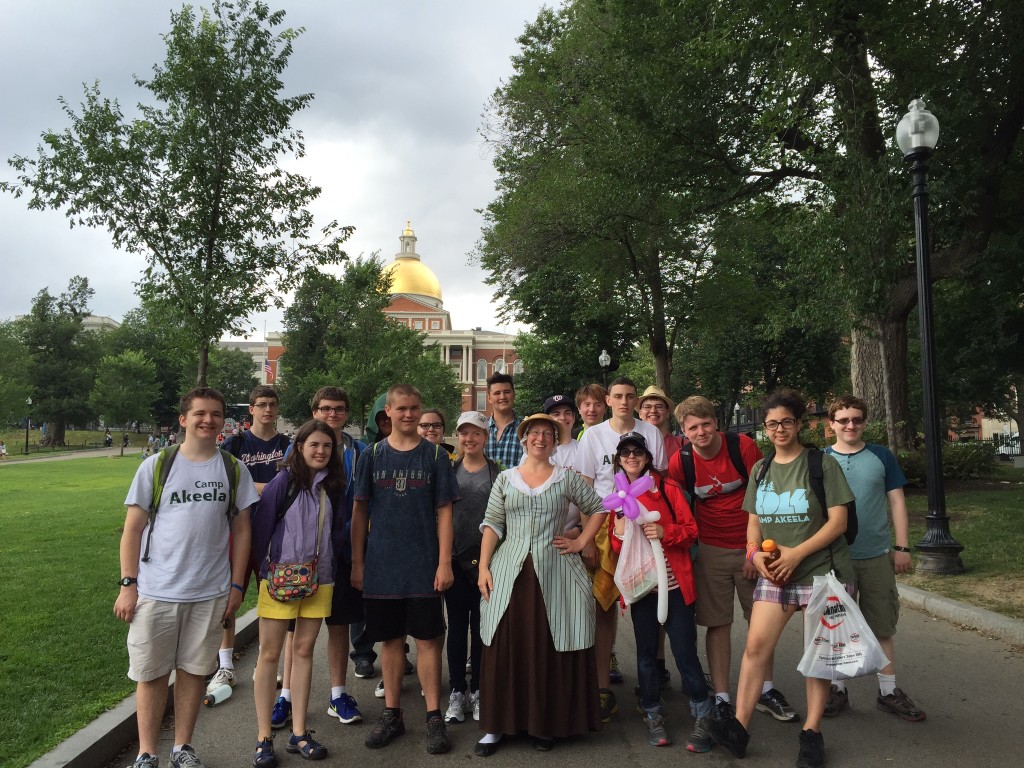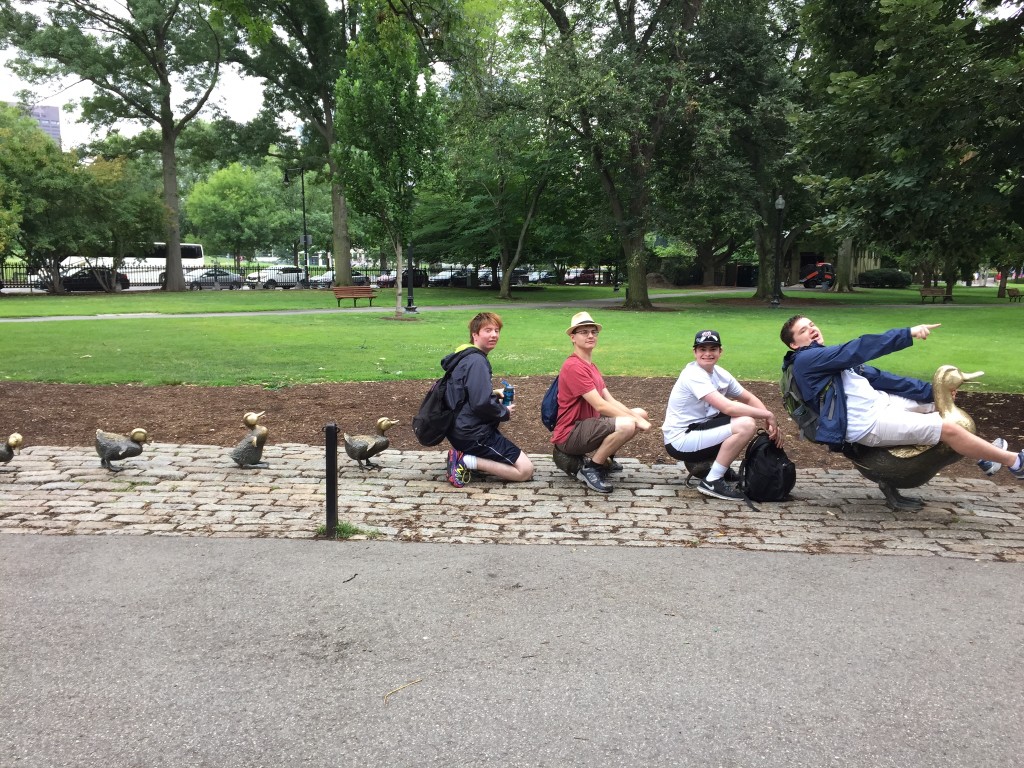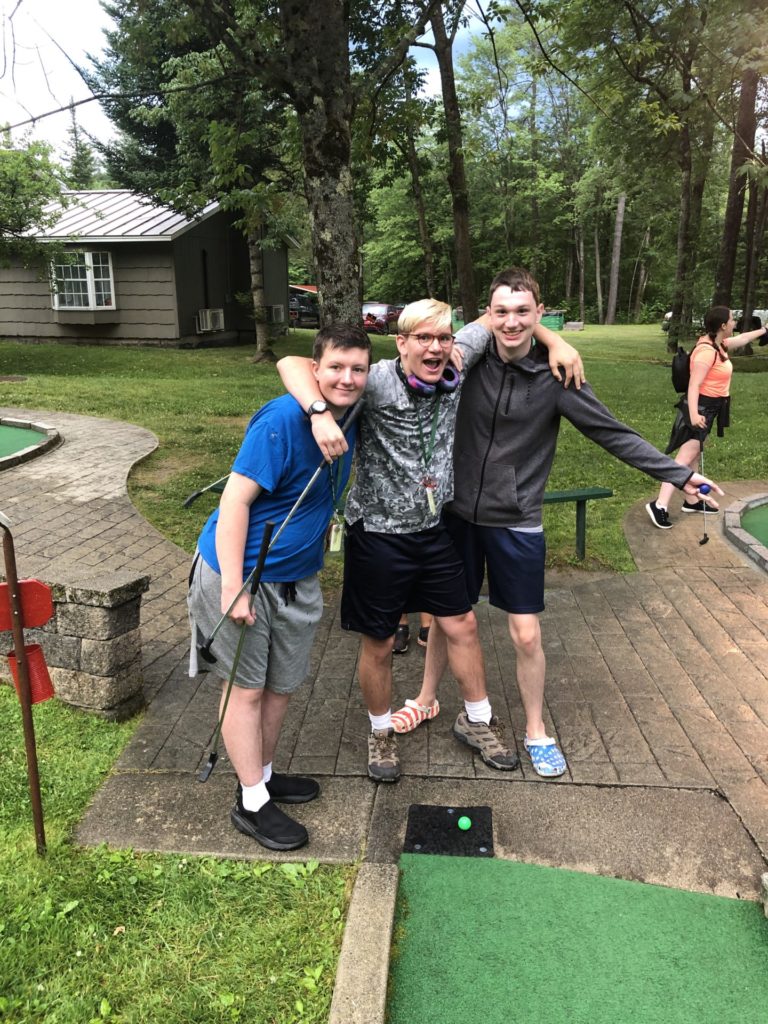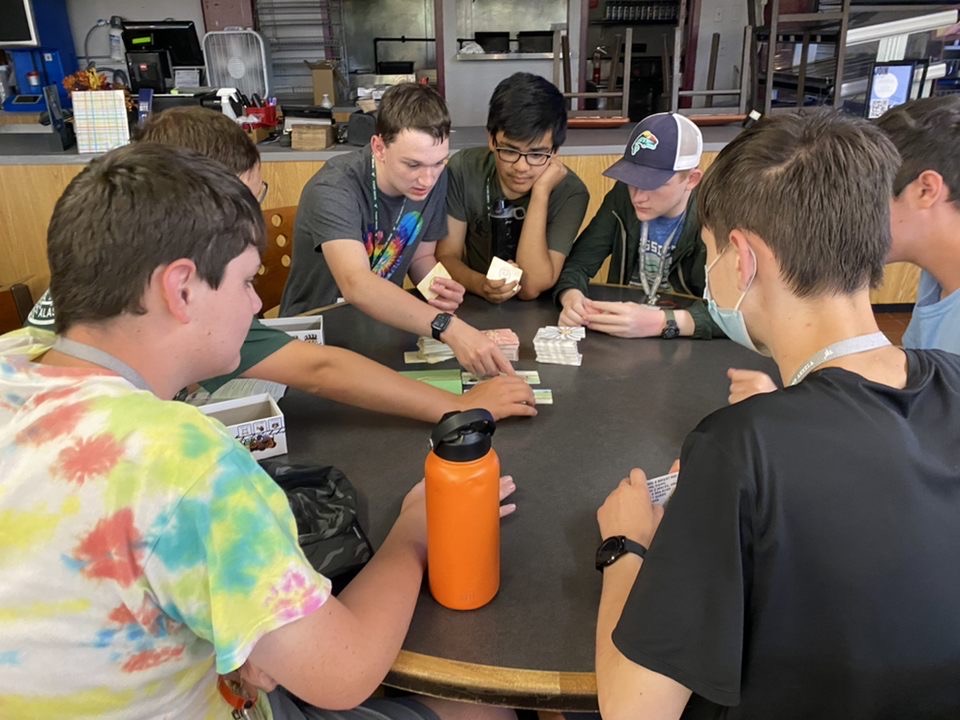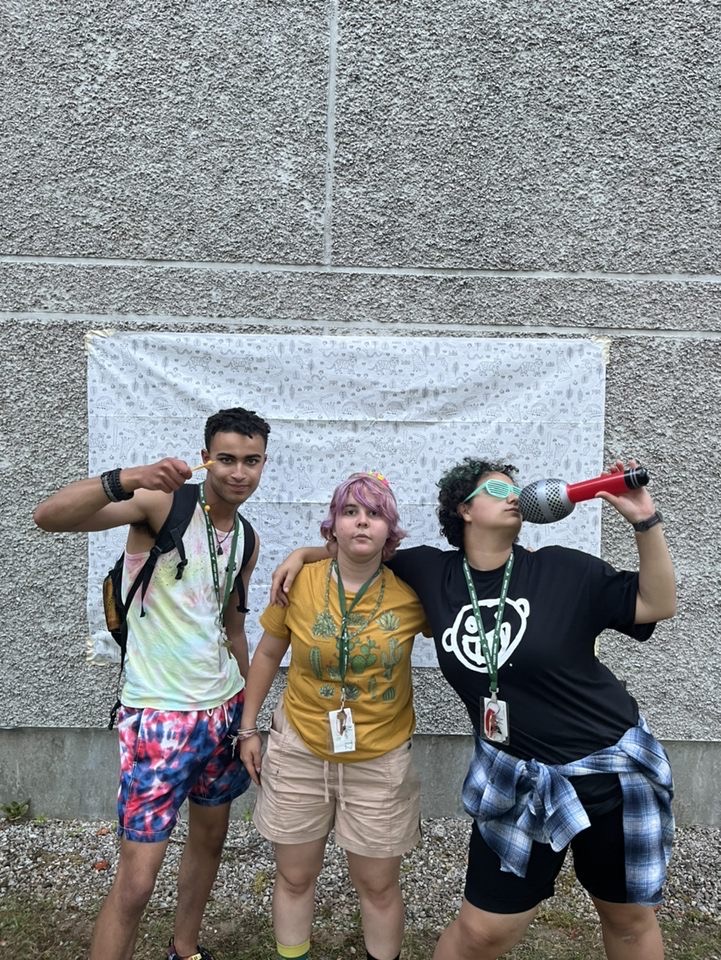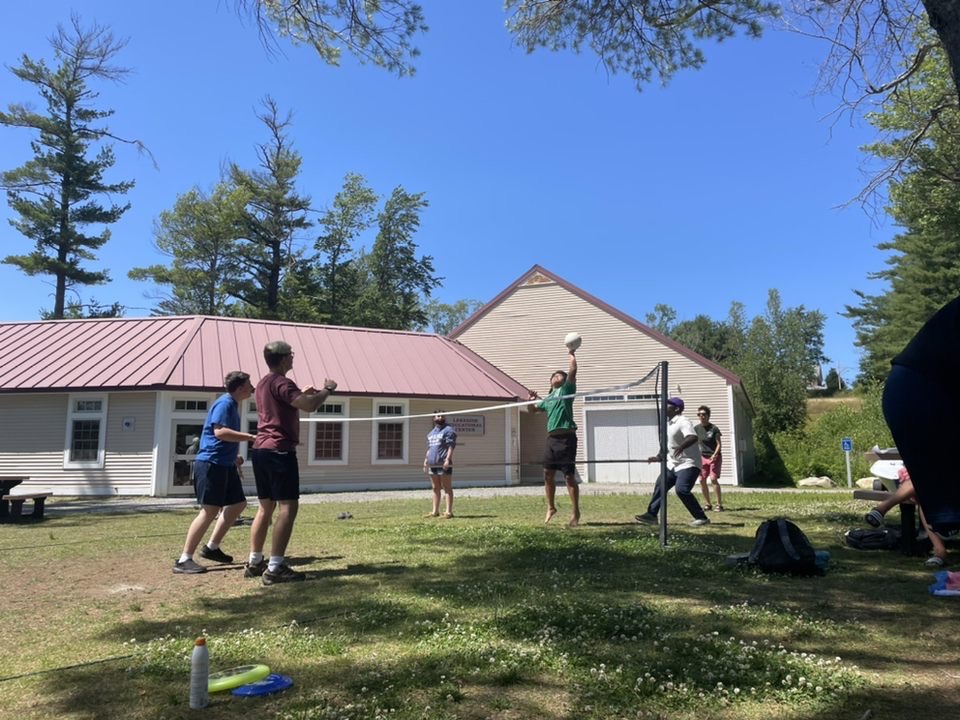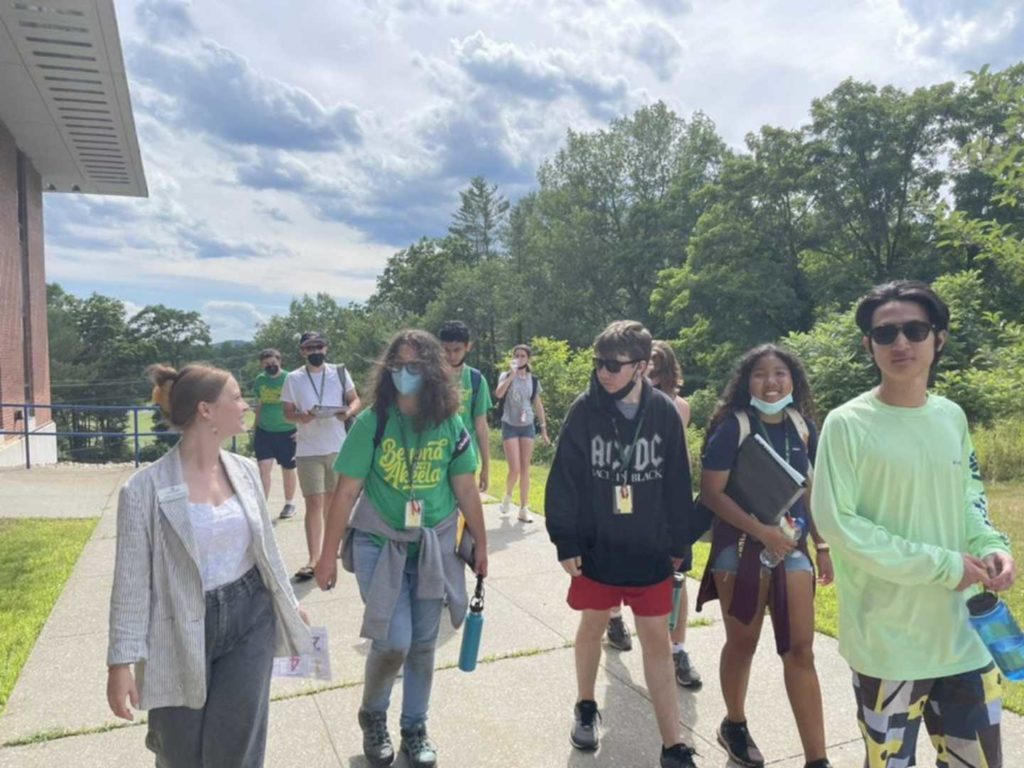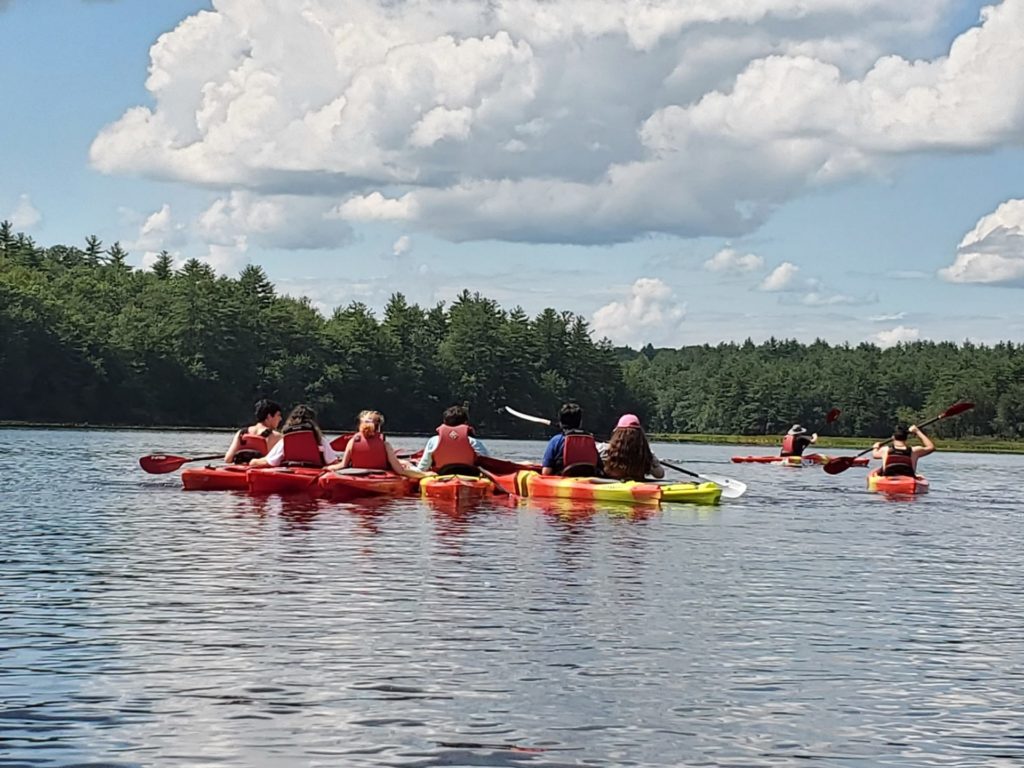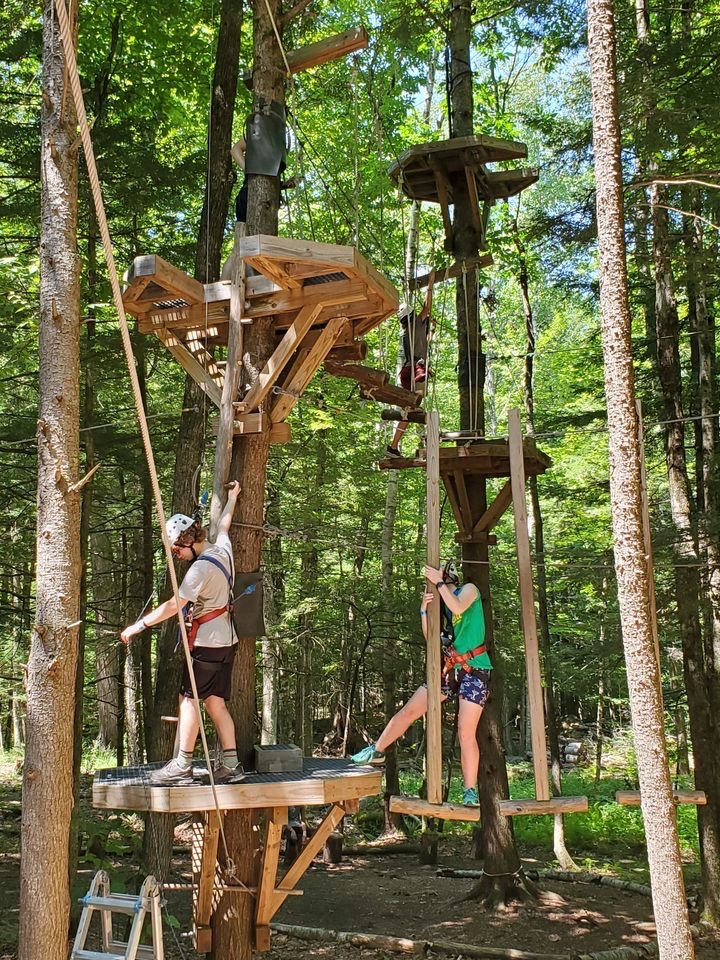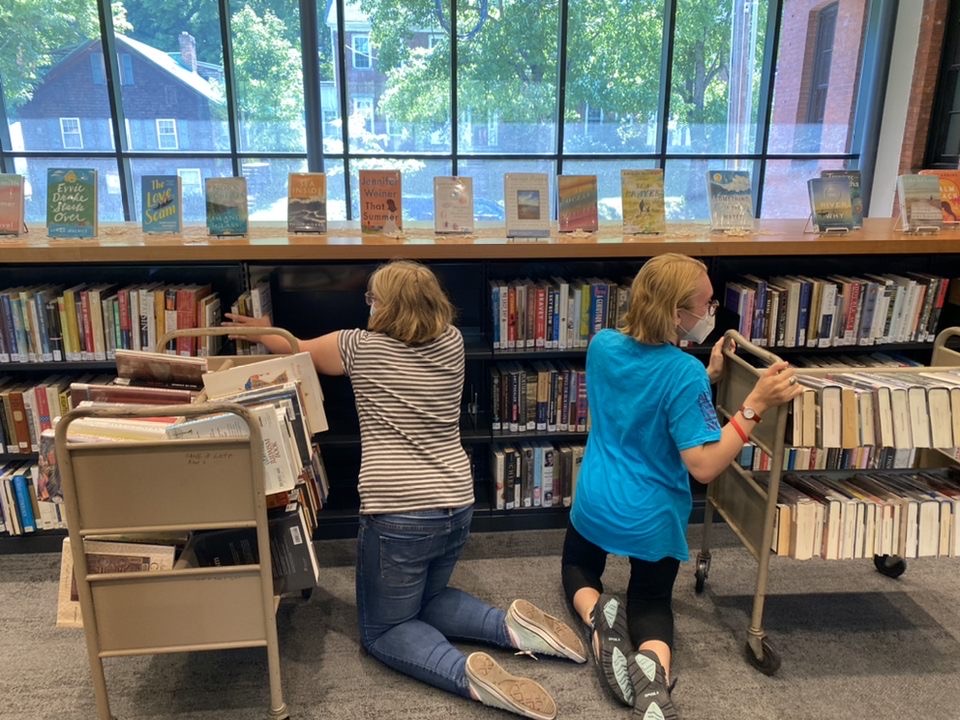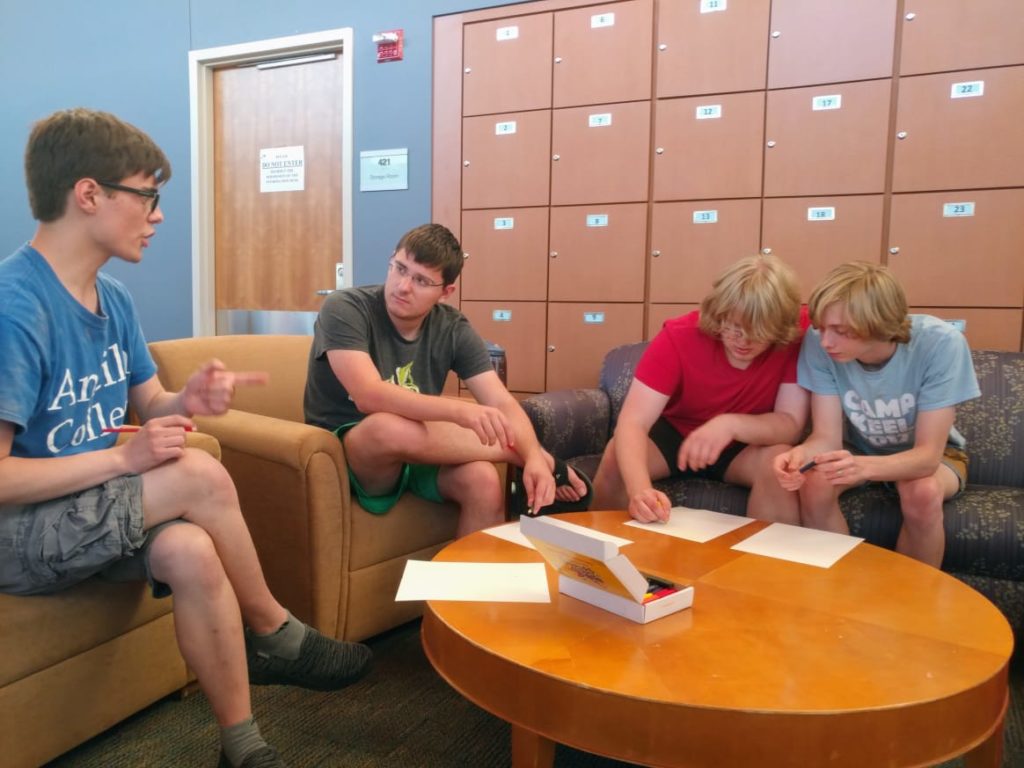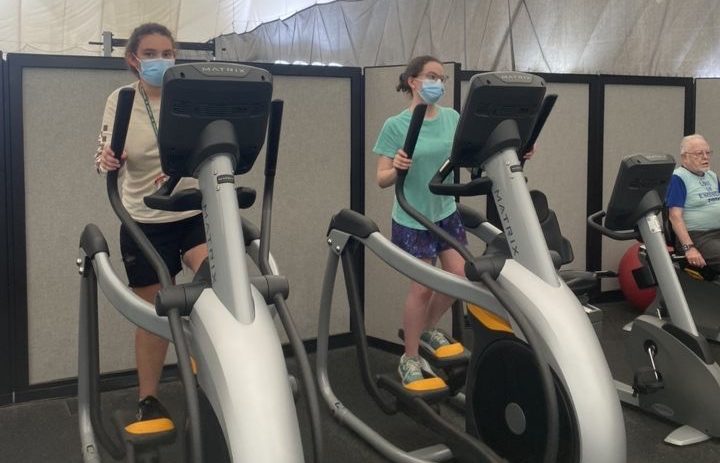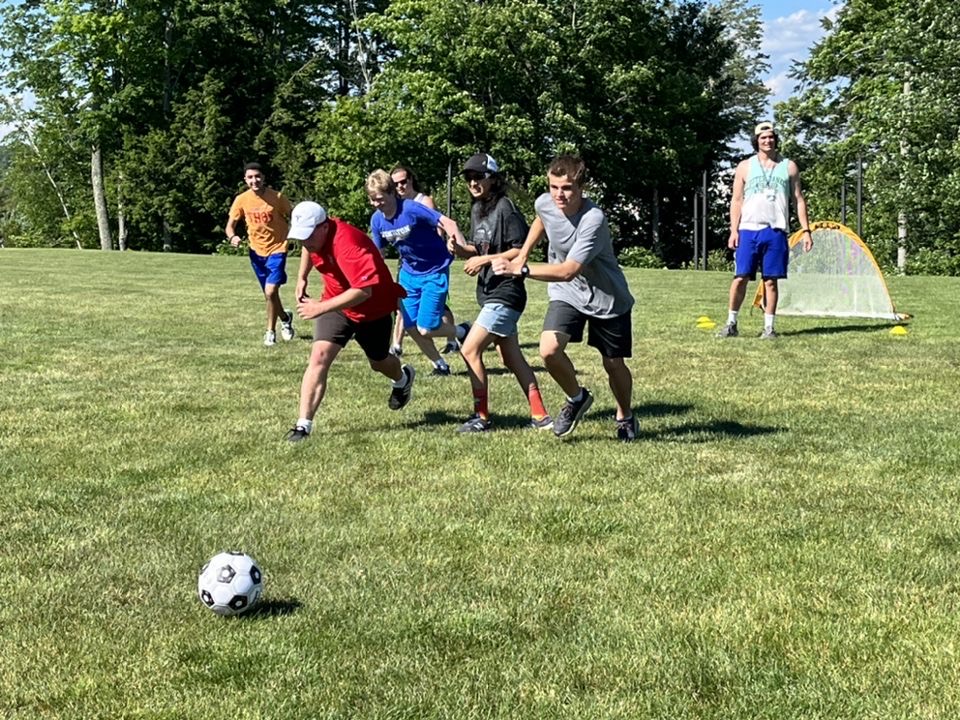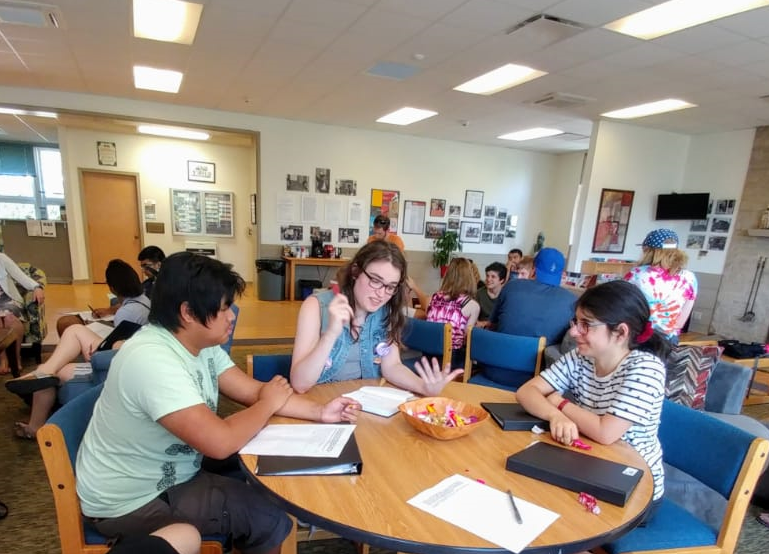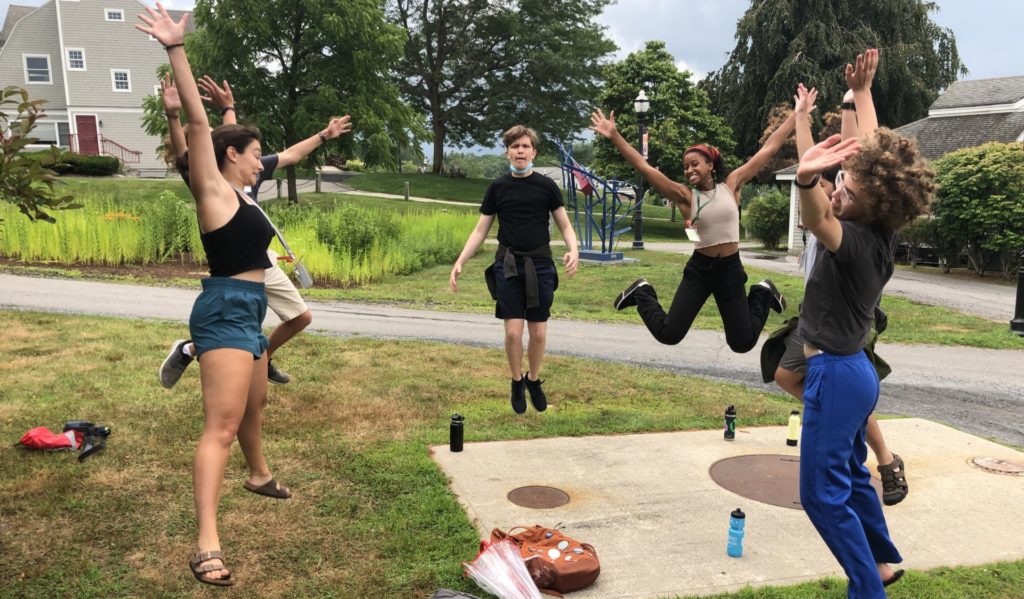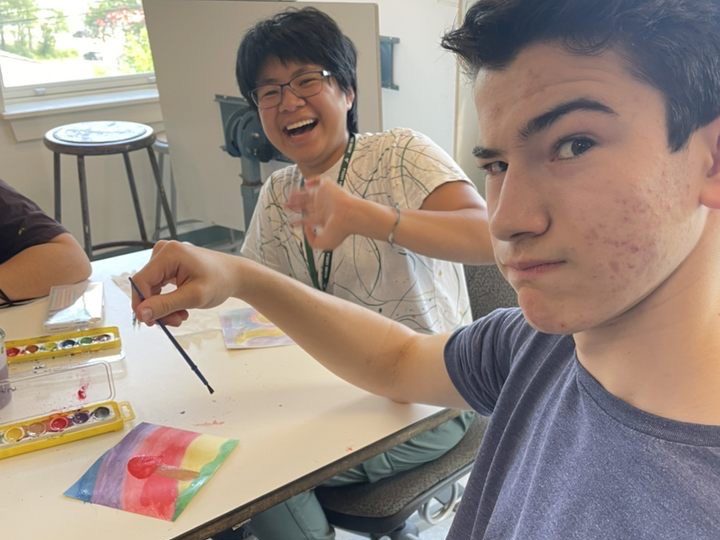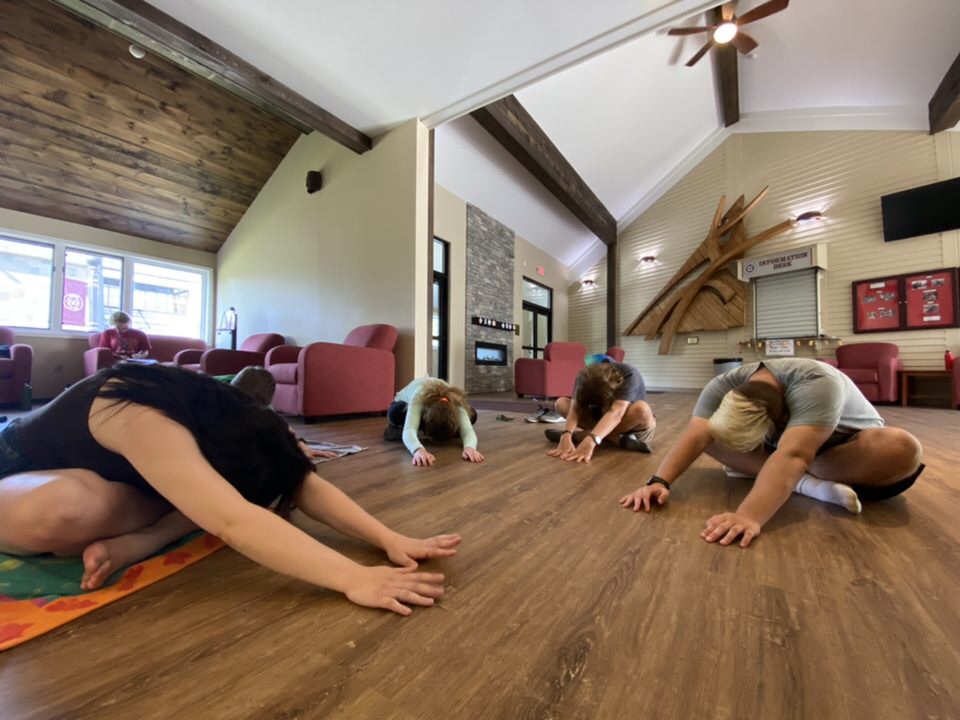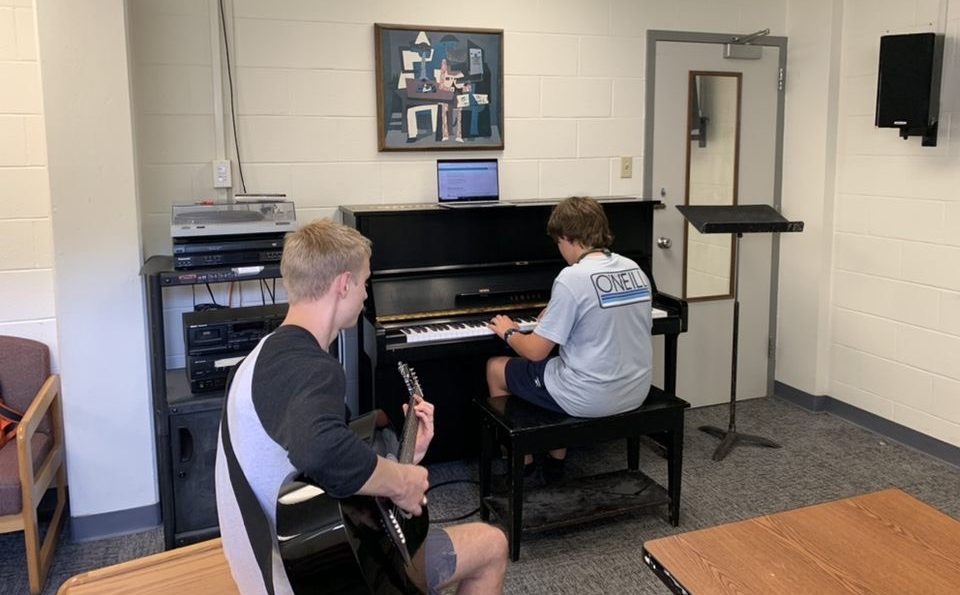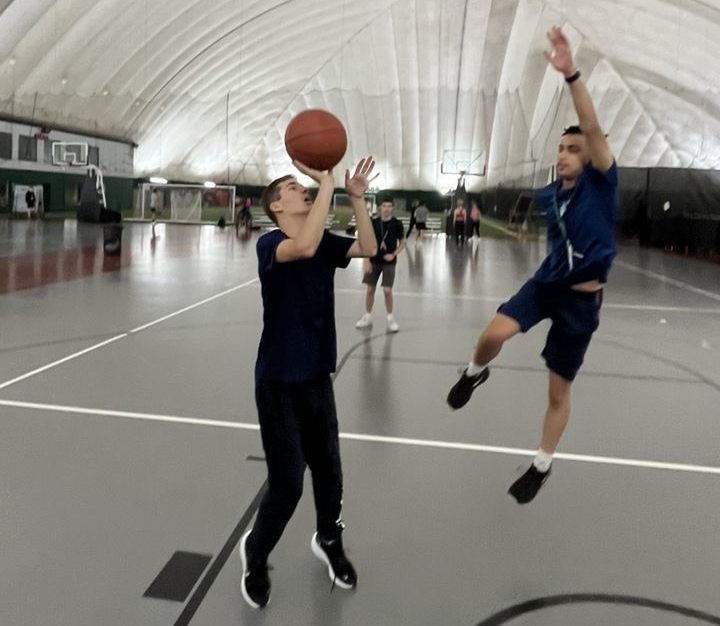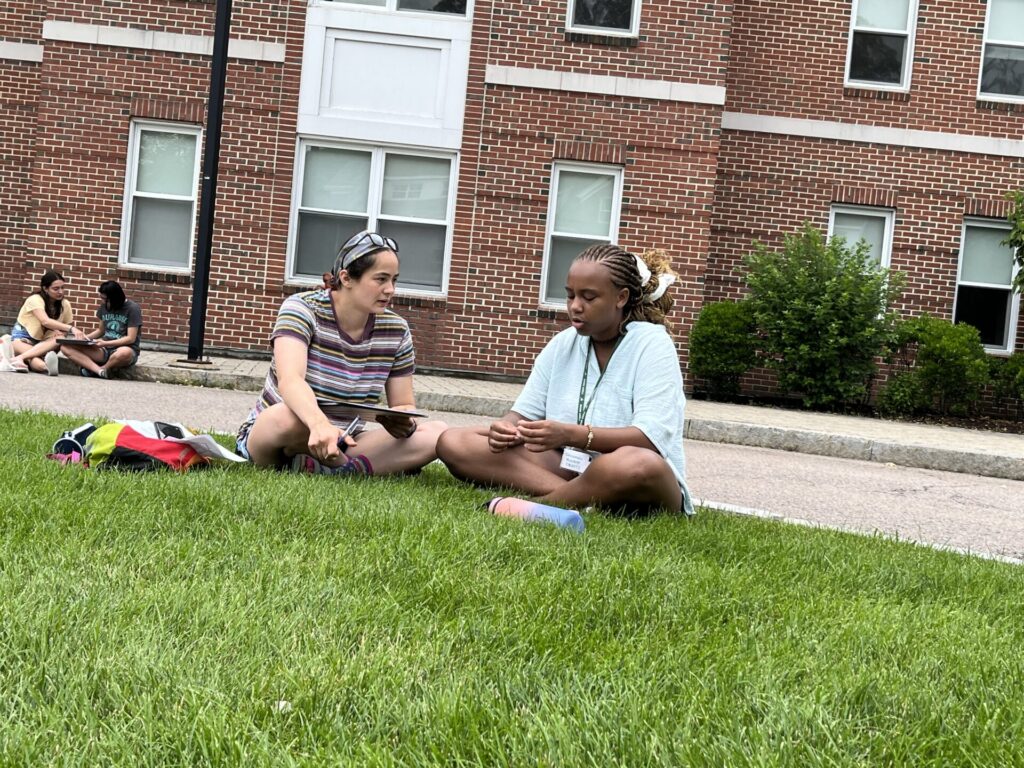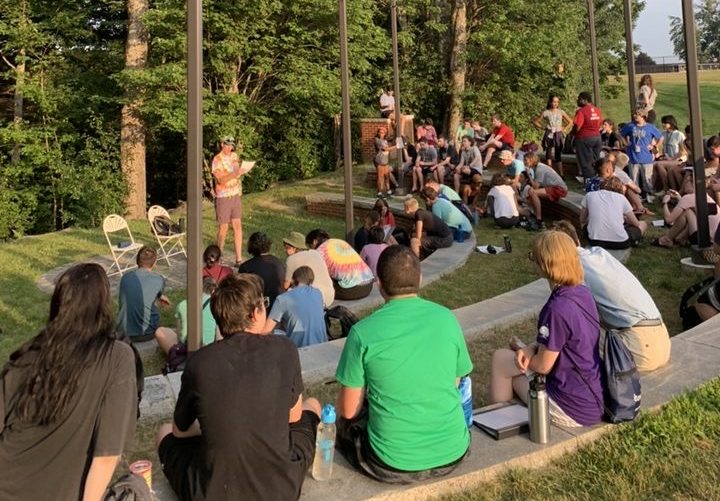Embracing Transition During Winter Break
Winter break signifies more than just a hiatus from high school; for teenagers on the autism spectrum preparing for the transition to college, it’s an opportunity to continue working toward college readiness. Parents/guardians play a crucial role in supporting their teens during this change in routine, a major shift from their structured days of school. In this article, we explore winter activities and reading recommendations that not only provide enjoyment but also assist in the preparation for the college journey.
Winter Activities to Foster a Growth Mindset
College Campus Visits: A Peek into the Future
Winter break is an ideal time for parents and teens to explore nearby college campuses. Familiarizing your teen with the layout, facilities, and atmosphere can help alleviate anxiety about the upcoming transition. Scheduled visits and guided tours allow your teen to envision themselves in a college environment.
Resume Building and Skill Development: Winter Volunteer & Job Opportunities
Encourage your teenager to pursue winter volunteer or seasonal job opportunities. Not only do these experiences contribute to resume building, but they also are a great way to start building job skills that will translate to other positions in the future. Seek out organizations or businesses that align with your teen’s interests and aspirations.
Affinity-Based Social Gatherings: College-Ready Communication
Explore social gathering opportunities in your community tailored for young adults on the autism spectrum, or that align with specific interests of your teen. Without academic and the structured school schedule, this is an ideal time to explore new social avenues for your teen to connect with to hopefully continue beyond the winter break.
Reading Recommendations for College Transition
“7 Things Students with Disabilities Should Do When Starting College” by Dr. Eric Endlich
This article provides tips for teens with autism and other learning disabilities for making a smooth college transition. Regardless of where your teen is at in their college transition journey, these tips will help them look forward to what will be expected of them in college, and how they can start preparing for college life now.
“How to Navigate College as a Neurodivergent Student“ by Sarah Wood, US News
This article helps break down some of the major differences in academic and social life between high school and college. Similar to the article above, it provides tips to help students prepare for their upcoming transition.
“Taking Flight: The Guide to College for Diverse Learners and Non-Traditional Students“ by Dr. Perry LaRoque
This book explores college topics like roommate relationships, having fun, accessing support in college, and more. It does so through stories, humor, frank advice, and years of expertise, with a relatable tone.
Tips for Parents: Navigating the Transition Together
Open Communication Lines: Foster Honest Discussions
Encourage open conversations with your teen about their expectations and concerns regarding college. Actively listen and validate their feelings, creating a supportive environment where they feel comfortable sharing their thoughts.
Gradual Independence: Encourage Self-Advocacy
Gradually empower your teen to take charge of aspects of their life, from managing their schedule to advocating for their needs. This fosters independence and equips them with the skills necessary for navigating college life.
Talk About Summer: Plan Ahead
Sure, we’re a little biased! Utilizing the summer effectively is a great way to set your teen up for success in college. Summer college readiness programs, jobs, and volunteer opportunities are all great ways to keep your teen engaged over the summer in a meaningful AND fun way.
Form and Connect with a Transition Team: Explore Resources
Build a team around your teen as they plan for their college transition. Utilize school professionals and others in your teen’s life who can support their college transition. Similarly, seek out friends and relatives who may be resourceful. There is a lot to navigate for neurodivergent teens in college. The more people supporting them, the better!
A Winter Break of Preparation and Connection
Winter break serves as a valuable opportunity for parents and teens on the autism spectrum to prepare for the transition to college. Engaging in purposeful activities, exploring reading materials, and maintaining open communication lay the foundation for a successful journey ahead. As you navigate this winter break together, embrace the opportunities for growth, connection, and the exciting transition that awaits your teen.



